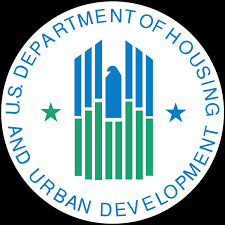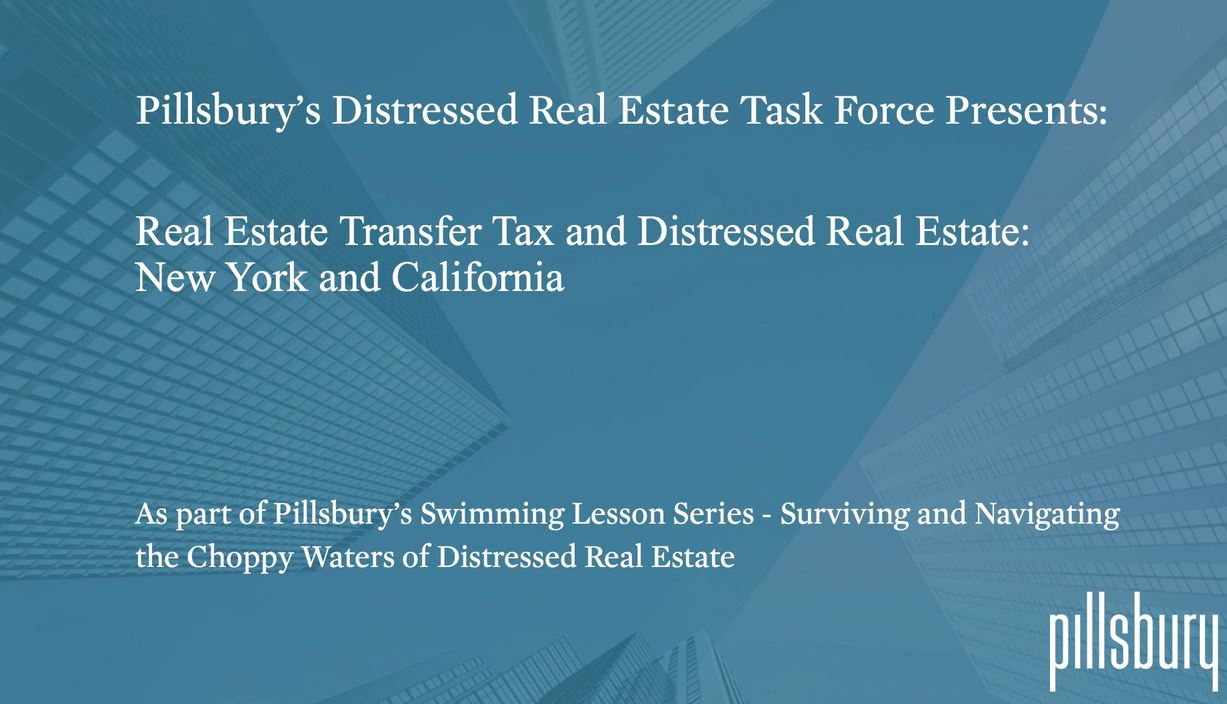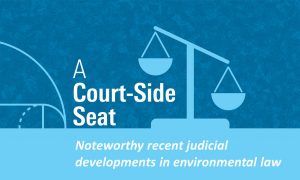This is a brief review of recent significant environmental and administrative law rulings and developments. With the change in presidential administrations, the fate of at least some of the newly promulgated rules is uncertain.
2021 Real Estate Trends: New Year, New Reality—A Day of Reckoning for Borrowers and Tenants
 On the one-year anniversary of China’s Wuhan lockdown, COVID-19 has become a part of everyday life and as we enter the new year, real estate borrowers and lenders alike will need to understand this new normal and face the reality that is fast approaching. In 2020, as the COVID-19 pandemic swept across the United States, many state and local governments instituted eviction moratoria and other protections for real estate tenants and borrowers. These protections created a window of opportunity for tenants and borrowers to negotiate reasonable solutions with their respective landlords and lenders regarding rent and debt payments amid the COVID-19 pandemic. This temporary period of restricted remedies also allowed courts to analyze legal arguments on how the COVID-19 pandemic impacts the real estate industry.
On the one-year anniversary of China’s Wuhan lockdown, COVID-19 has become a part of everyday life and as we enter the new year, real estate borrowers and lenders alike will need to understand this new normal and face the reality that is fast approaching. In 2020, as the COVID-19 pandemic swept across the United States, many state and local governments instituted eviction moratoria and other protections for real estate tenants and borrowers. These protections created a window of opportunity for tenants and borrowers to negotiate reasonable solutions with their respective landlords and lenders regarding rent and debt payments amid the COVID-19 pandemic. This temporary period of restricted remedies also allowed courts to analyze legal arguments on how the COVID-19 pandemic impacts the real estate industry.
EU Green Deal: the European Commission releases a strategy to strengthen the EU’s financial market infrastructure
 On 19 January, the EC published a strategy setting out wide-ranging ideas for the development of its financial market infrastructure. The strategy includes plans for driving the green transition in line with the European Green Deal through turning the EU financial markets into a “global green finance hub.”
On 19 January, the EC published a strategy setting out wide-ranging ideas for the development of its financial market infrastructure. The strategy includes plans for driving the green transition in line with the European Green Deal through turning the EU financial markets into a “global green finance hub.”
Join Us 02.04 for an Energy Transition Virtual Fireside Chat with Jigar Shah
Pillsbury partner and Global Co-Head of the Energy & Infrastructure Projects team Mona Dajani discusses energy transition with Jigar Shah, President and Co-Founder of Generate. Join us on February 4, 2021 where Jigar and Mona chat about entrepreneurship, sustainable sectors including hydrogen, food waste and EVs and the role of government in the energy transition. To attend this fireside chat, register here. 
Congress Establishes the 4% Floor to Support Affordable Housing
 Legislation signed into law on December 27, 2020, fixed the rate for the 30% present value low-income housing tax credit (LIHTC), which had dropped to a historic low of 3.07 in 2020, at 4% (the 4% Floor). Congress hopes that the 4% Floor will increase the supply of affordable rental housing in 2021 and beyond by reducing the need for other types of financing and subsidies for qualified LIHTC projects.
Legislation signed into law on December 27, 2020, fixed the rate for the 30% present value low-income housing tax credit (LIHTC), which had dropped to a historic low of 3.07 in 2020, at 4% (the 4% Floor). Congress hopes that the 4% Floor will increase the supply of affordable rental housing in 2021 and beyond by reducing the need for other types of financing and subsidies for qualified LIHTC projects.
Swimming Lessons–Surviving and Navigating the Choppy Waters of Distressed Real Estate

Real Estate partner Andrew Weiner and Tax partner Craig Becker discuss the intersection of transfer tax with enforcement in distressed real estate in New York and California in the latest Swimming Lessons Series presentation.
A Court-Side Seat: “Inholdings” Upheld, a Pecos Bill Come Due and Agency Actions Abound
Here are some significant environmental and regulatory rulings and administrative actions from December 2020.
Extended Rent Holiday for Retail Debtors Not Permitted Under Bankruptcy Code
A recent Chuck E. Cheese decision denies the debtor’s/tenant’s request to defer paying rent after th e 60-day “rent holiday.” The Bankruptcy Court applied the “plain language” rule to hold that section 365(d)(3)’s rent holiday cannot be extended. In “Bankruptcy Court Rules Bankruptcy Code Does Not Permit Extended Rent Holiday for Retail Debtors” colleagues, Patrick J. Potter, Patrick E. Fitzmaurice, and Kwame O. Akuffo discuss that after that initial 60-day period expires, the debtor is required to pay post-petition rent. The court did not order the debtor to make a rent payment on the 61st day and deferred ruling on landlord remedies for tenants failing to pay post-petition rent, regardless of when the rent accrued.
e 60-day “rent holiday.” The Bankruptcy Court applied the “plain language” rule to hold that section 365(d)(3)’s rent holiday cannot be extended. In “Bankruptcy Court Rules Bankruptcy Code Does Not Permit Extended Rent Holiday for Retail Debtors” colleagues, Patrick J. Potter, Patrick E. Fitzmaurice, and Kwame O. Akuffo discuss that after that initial 60-day period expires, the debtor is required to pay post-petition rent. The court did not order the debtor to make a rent payment on the 61st day and deferred ruling on landlord remedies for tenants failing to pay post-petition rent, regardless of when the rent accrued.





